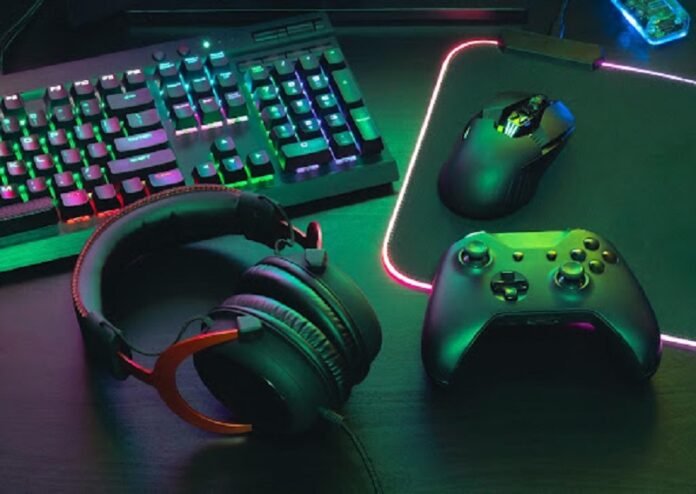Right now in the multi-billion-dollar gaming industry, there is a lot of talk about FIFA. When we say FIFA, we mean the video game series, not the governing body of world football. FIFA has undergone a cosmetic change, with EA Sports ending its decades-long partnership with FIFA (the organization), and the new series of games will be known as EA Sports FC. The latest title, EA Sports FC 24, will be released worldwide at the end of September.
But FIFA/EA Sports FC is an interesting concept to study when considering the evolution of video games. The series, which started in the 1990s, has, of course, improved over time, with better graphics, gameplay, and more interesting ways to play. Yet, fundamentally the games have not changed. It’s not as if a tipping point came where players were suddenly playing with their eyes instead of their hands. Someone playing the original FIFA International Soccer (1993) game on the Sega Megadrive would have little problem grasping the concept of EA Sports 24 on PlayStation 5.
The point, as such, is that there is an evolution of different game genres, but looking at the history and how games change over time, there remains little that changes on the fundamental level. This is as true for games like Street Fighter as it is for games like blackjack. The base concepts remain the same. What then, do we make of the impending revolution in gaming that will be characterized by AI, VR, and blockchains? Will it be evolution or revolution? Let’s look at each in turn:
AI & Gaming
Thus far, 2023 has been the year of artificial intelligence. The success of chatbots like ChatGPT has promised a revolution in the way we gather and use information. Gaming, too, should be impacted. One of the most interesting concepts is having AI add more value to NPCs (non-playable characters) that is to say the in-game characters could evolve as you play, becoming customized through your interactions. But perhaps more fundamentally, AI should allow people to build their own gaming worlds. The technology can be prompted for computer coding, and one can already see it begin to be implemented in world-building games like Minecraft. But AI can take it much further. It’s not inconceivable that building your own computer games will be commonplace by the 2030s.
VR Gaming
VR has long been touted as the next big thing in gaming. But it’s something that is always touted as happening “tomorrow”. That said, the move into AR/VR technology by Apple and the continued investment in the metaverse by Meta could finally herald the new dawn. VR might fundamentally change the mechanics of gaming. As we said earlier, gaming is something you do with your hands and a controller, but VR could make it something you do with your eyes and body. We are still waiting for that big breakthrough moment, though, and a true gaming metaverse might be a few years away, but the use of VR avatars in multiple gaming landscapes seems like a distinct possibility in the coming few years.
Blockchain Gaming
As with VR, we are always being told the blockchain revolution is coming to gaming, but it has yet to truly arrive. Big gaming studios are investing billions into blockchain games, but we must wait for the moment when one truly catches fire. The important thing about blockchain will be ownership and transferability. For example, we might soon see a gaming concept where you can transfer, sell, and trade different characters on the blockchain. Another side of blockchain is the concept of decentralization, i.e., gaming would have no central authority and games would be owned by the players rather than a publisher like Ubisoft or Activision Blizzard. It could make a big shift in the economics of the gaming sector.
Conclusion: Change is Coming Eventually
Some of the technologies mentioned here will be complementary toward each other. For instance, blockchain could help with the interoperability of AI-created gaming worlds, and the idea of the metaverse is often connected to decentralized blockchains. The change should come, perhaps gradually then suddenly. But we might see the most fundamental change in gaming since the advent of the internet.
Must Read: 6 Advantages Of The Ethereum Blockchain




































































